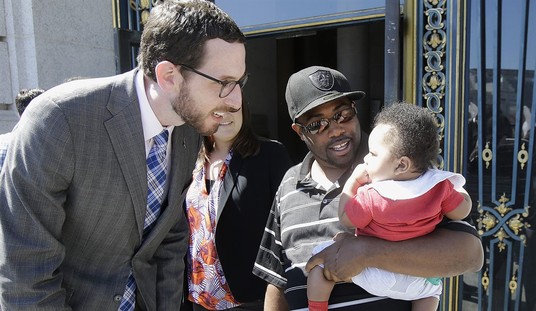The NY Times published an interesting op-ed Sunday about efforts by the Chinese government to maintain control over students studying abroad. Author Wang Dan spent 7 years in prison for his role in the Tiananmen Square uprising. Now he teaches history here in the U.S. He regularly hosts “salons” where he talks with Chinese students who are attending college in the U.S. about their country’s history. His efforts to do so are actively resisted by the communist government back home.
I hoped that public discussions of topics off-limits in China might challenge visiting Chinese students and encourage them to embrace Western democratic values.
But instead, over the past three months, my efforts on American campuses have been stymied. The Chinese Communist Party is extending its surveillance of critics abroad, reaching into Western academic communities and silencing visiting Chinese students. Through a campaign of fear and intimidation, Beijing is hindering free speech in the United States and in other Western countries.
The Chinese government, or people sympathetic to it, encourage like-minded Chinese students and scholars in the West to report on Chinese students who participate in politically sensitive activities — like my salons, but also other public forums and protests against Beijing. Members of the China Students and Scholars Association, which has chapters at many American universities, maintain ties with the Chinese consulates and keep tabs on “unpatriotic” people and activities on campuses. Agents or sympathizers of the Chinese government show up at public events videotaping and snapping pictures of speakers, participants and organizers.
Chinese students who are seen with political dissidents like me or dare to publicly challenge Chinese government policies can be put on a blacklist. Their families in China can be threatened or punished.
When these students return to China, members of the public security bureau may “invite” them to “tea,” where they are interrogated and sometimes threatened. Their passport may not be renewed. One student told me that during one of his home visits to China he was pressured to spy on others in the United States.
I wrote about one example of this behavior back in May when Chinese college student Shuping Yang gave the commencement address at the University of Maryland. “I have learned the right to freely express oneself is sacred in America,” Yang said. She added, “Democracy and freedom are the fresh air that is worth fighting for. Freedom is oxygen.”
Yang’s speech was viewed more than 50 million times and many responses labeled her a traitor. The China Students and Scholars Associations (CSSA) put together a 7-minute long video of Chinese students attacking Yang and praising China. However, as I noted at the time, none of the students responding to Yang addressed her central point about freedom of speech. Under intense pressure, Yang issued an apology in Chinese saying she had “no intentions of belittling my country and hometown.”
But this is far from the only example of the CSSA applying pressure to Chinese students here in the U.S. From a NY Times report published in early May:
At Columbia a decade ago, the club mobilized students to protest a presentation about human rights violations in China, urging them to “resolutely defend the honor and dignity of the Motherland.” At Duke, the group was accused of inciting a harassment campaign in 2008 against a Chinese student who tried to mediate between sides in a Tibet protest. More recently in Durham, England, the group acted at the behest of the Chinese government to censor comments at a forum on China-Hong Kong relations…
Chinese Students and Scholars Association groups started to spread in the 1980s as the number of Chinese students studying abroad began to grow. “I came to the U.S. and thought, ‘Wow, great, I’m in a free country, now I hope that everything is cool and happy,’” said Frank Tian Xie, who arrived in the late 1980s to study chemistry at Purdue University. “But I found out that the government extended their control to even Chinese students in America.”
Dr. Xie, now a professor at the University of South Carolina, Aiken, said the Chinese Consulate in Chicago tried to handpick officers of the organization and periodically sent a representative to meet with students in a motel room.
Communists will always use their power to silence the opposition because their ideas can’t stand on their own. But their ability to control students here in the U.S. through threats and government-affiliated student groups like the CSSA ought to be discouraged. Chinese students come here for an education. They shouldn’t be allowed to become foreign agents acting at the behest of a communist government on U.S. campuses.








Join the conversation as a VIP Member